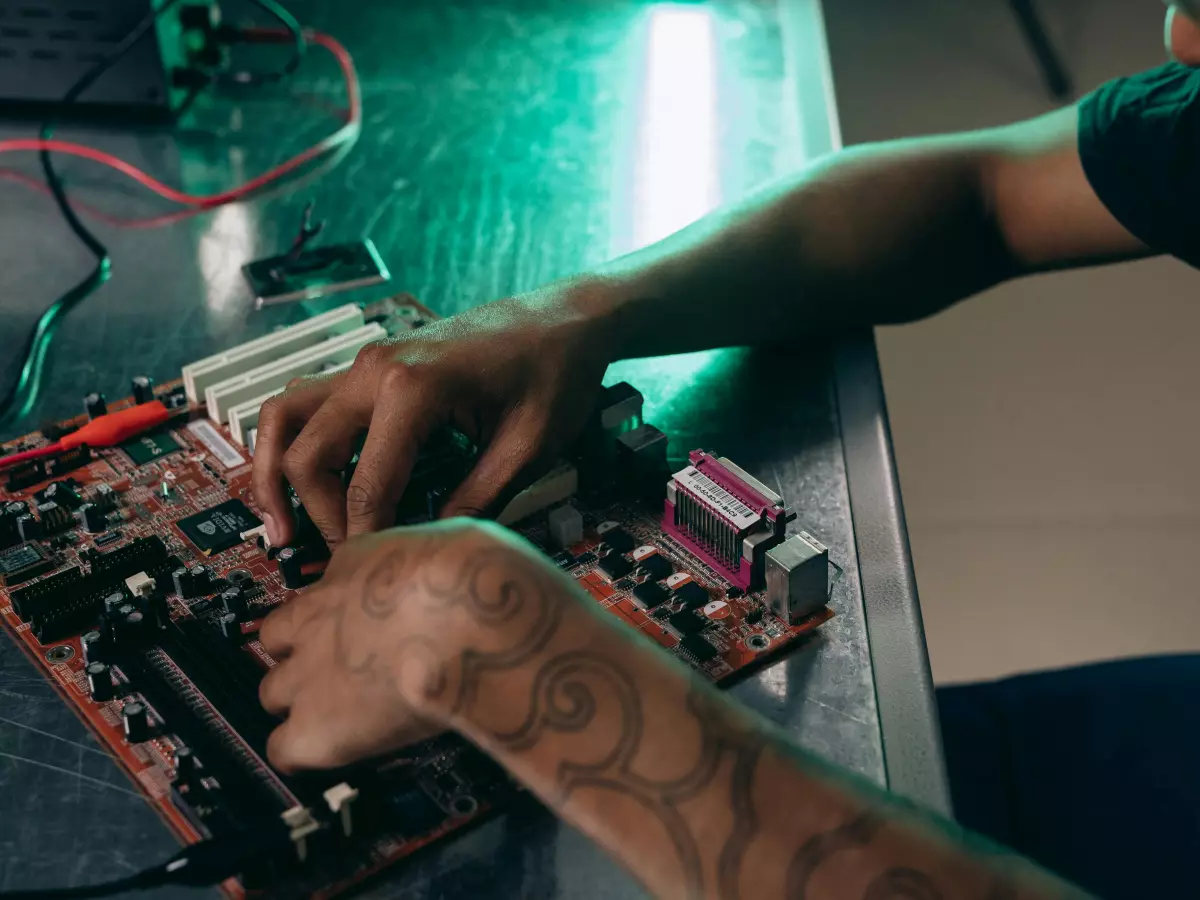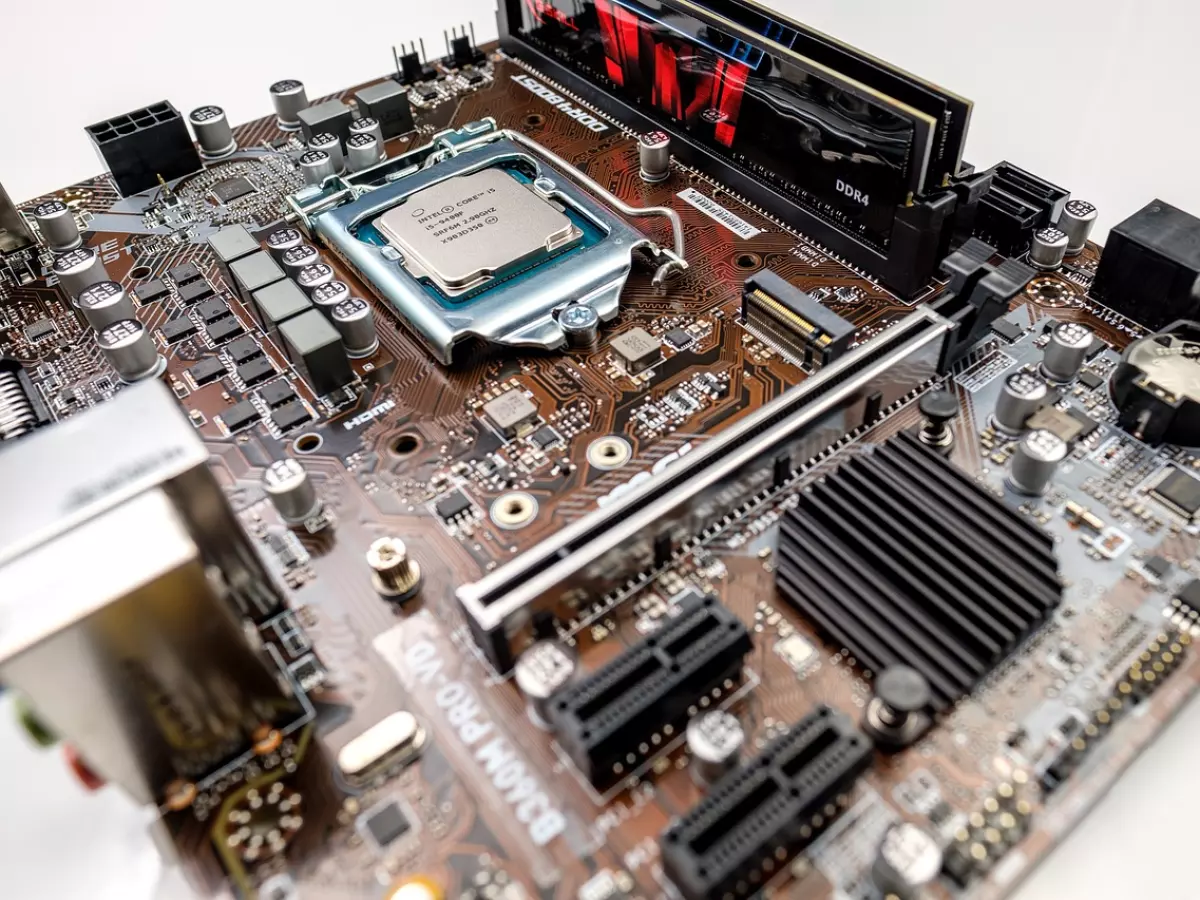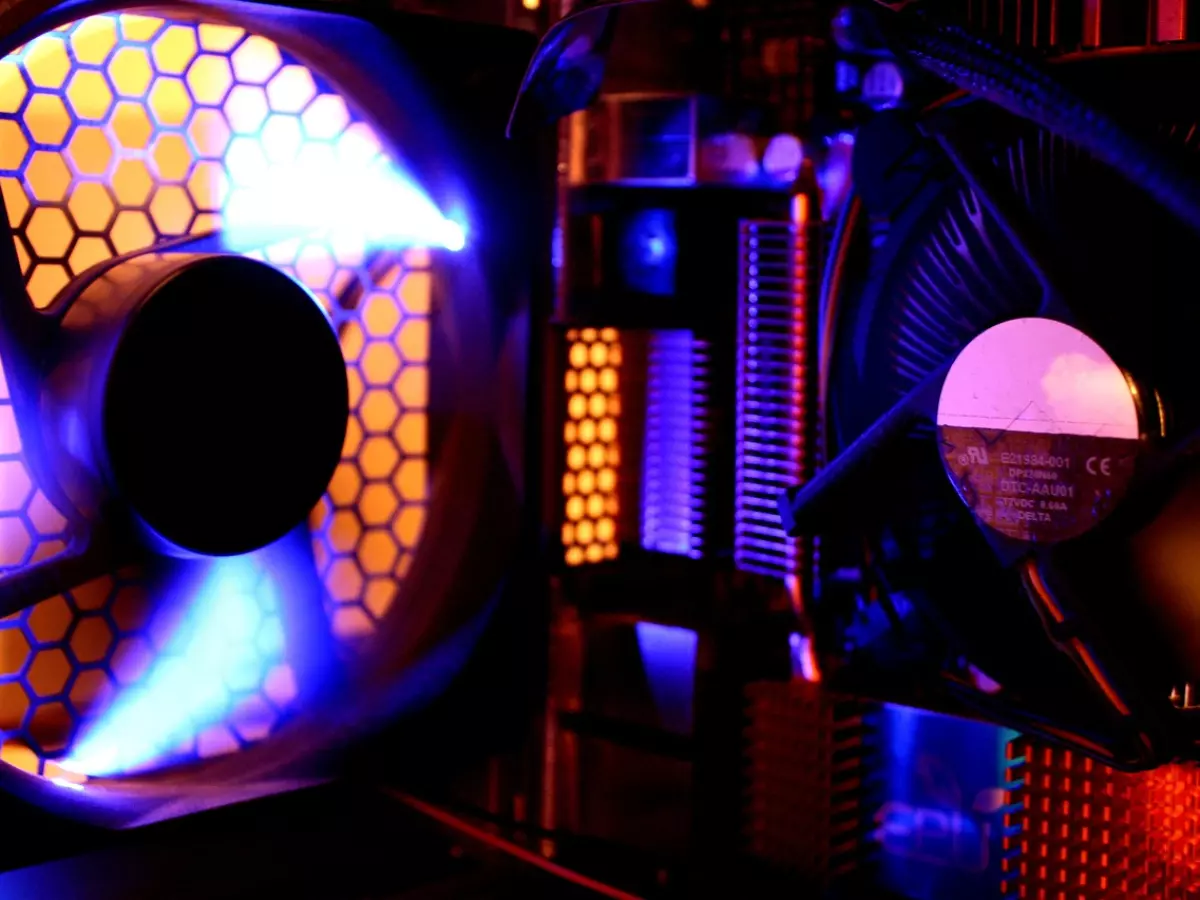More RAM, More Power?
Did you know that upgrading your PC's RAM can boost performance by up to 50% in certain tasks? Yet, many users overlook this crucial component.

By Elena Petrova
When it comes to PC performance, most people immediately think of the CPU or GPU as the key players. After all, these are the components that get all the flashy marketing and attention. However, there's one unsung hero in your system that can make or break your experience: your RAM capacity. Sure, you've heard that 'more RAM is better,' but how much is enough? And why does it matter so much?
On the other hand, some users believe that once you hit a certain threshold—say 16GB or 32GB—adding more RAM won’t make a difference. But is that really true? The answer, as with most things in tech, is: it depends. Let's dive into why your PC's RAM capacity is more important than you might think.
Multitasking: The Silent Killer
Ever tried running multiple applications at once, only to find your PC slowing to a crawl? That's your RAM waving the white flag. The more RAM you have, the more applications your system can juggle without breaking a sweat. Think of RAM as your PC's short-term memory. The more it has, the more it can remember and process at once. So, if you're someone who loves to have 20 browser tabs open while editing a video and streaming music, you'll need a hefty amount of RAM to keep things running smoothly.
But here's the kicker: even if you're not a multitasking maniac, modern software and operating systems are becoming more RAM-hungry. Windows 11, for example, recommends at least 8GB of RAM just to run efficiently. Add in a few background tasks, and you're already pushing that limit.
Gaming: It's Not Just About the GPU
Gamers, listen up! While your GPU does most of the heavy lifting when it comes to rendering those stunning graphics, your RAM plays a crucial supporting role. Many modern games recommend at least 16GB of RAM for optimal performance. Why? Because games don't just rely on the GPU; they need quick access to data stored in RAM to load textures, assets, and other game elements in real-time.
If your RAM capacity is too low, your system will start using your much slower storage drive (even if it's an SSD) as virtual memory, leading to stuttering, lag, and longer load times. So, if you're serious about gaming, don't skimp on the RAM.
Content Creation: RAM is Your Best Friend
If you're into video editing, 3D rendering, or any other form of content creation, then you already know how demanding these tasks can be on your system. In these cases, more RAM can drastically reduce rendering times and improve overall workflow efficiency. For instance, editing 4K video or working with large, high-resolution images can easily chew through 32GB of RAM or more. The more RAM you have, the less your system will need to rely on slower storage solutions, which can make a world of difference in your productivity.
How Much RAM Do You Really Need?
So, how much RAM is enough? For the average user who browses the web, streams videos, and does light productivity work, 8GB is the bare minimum. However, if you're a gamer, content creator, or someone who loves to multitask, 16GB or even 32GB will provide a noticeable performance boost. And for those working with extremely demanding applications—think 3D rendering or machine learning—64GB or more might be necessary.
But don't just throw money at the problem. Before upgrading, take a look at your current RAM usage. If you're consistently maxing out your RAM, it's time for an upgrade. If not, you might be better off investing in other components like a faster CPU or GPU.
In the end, your RAM capacity is a crucial factor in determining how well your PC performs, especially as software continues to evolve and demand more resources. So, next time your system feels sluggish, don't just blame the CPU or GPU—your RAM might be the real culprit.
Fun fact: Did you know that upgrading from 8GB to 16GB of RAM can improve gaming performance by up to 20% in some titles?





